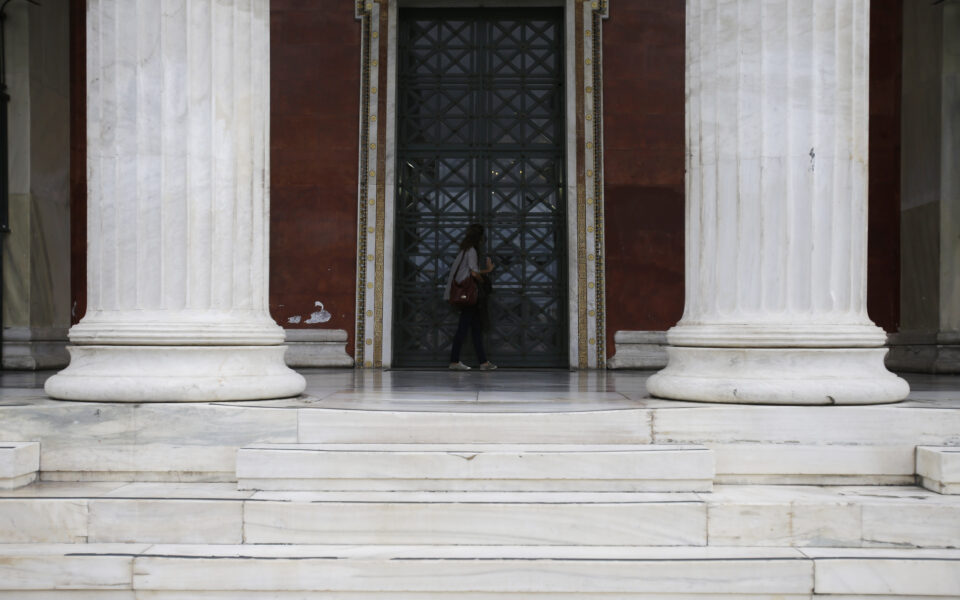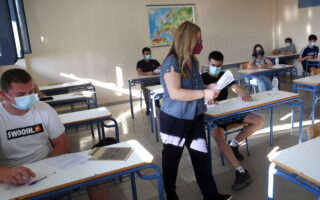The post-assessment of universities

Manos Matsaganis, a professor of public finance at the Polytechnic University of Milan who has been living abroad for years, never ceases to be surprised by developments in other countries and saddened when comparing them to Greece. In a post on his Facebook page on Wednesday he said that the Polytechnic of Milan’s annual survey had been completed and found that 98% of its alums had found jobs after just one year of graduating and 99% after five years. Their average salary, he added, is 2,187 euros a month for those with a postgraduate degree and about 1,500 euros for those who stopped at the three-year degree.
He noted that the Polytechnic University of Milan is big (nearly 50,000 students) and public, with low tuition fees that vary according to income. “But it aims for excellence, it is at the top of the world rankings and has close 150-year ties to the city and its industry, which is known to be the engine of the (struggling) Italian economy.”
Matsaganis went on to complain that he did not know of a similar survey being conducted at a Greek university. “I am certain that even if the results were disheartening, it would serve to remind everyone that a good university boosts the lives of its graduates. It would also serve to put on the agenda the issues that are already determining the future of the country. Instead of that, we’re discussing nonsense,” he said.
Knowing students who sat Greece’s university entry exams this year and their parents, I witnessed the anxiety of choosing the “right school.” They were not interested in the university being “revolutionary,” as some people have argued. Their question was about the career prospects offered by each school. We can agree, of course, that higher education is not just a vestibule of working life and that it should produce well-rounded citizens. But then again, how well-rounded can a chronically unemployed citizen or a college graduate working in delivery be?
A survey of graduates is the best service a university can provide for the plebeians of higher education, i.e. the candidates. They will not have to search in vain for information nor rely on anecdotal evidence of professional success. It will serve as a compass for charting their future course.
Some dignitaries of the highest education – professors or chancellors – might be inconvenienced, and will say a lot about the ideals of education, the romance of knowledge and other things that cannot be eaten. But these same people tend to oppose any assessment of their work, anyway.





